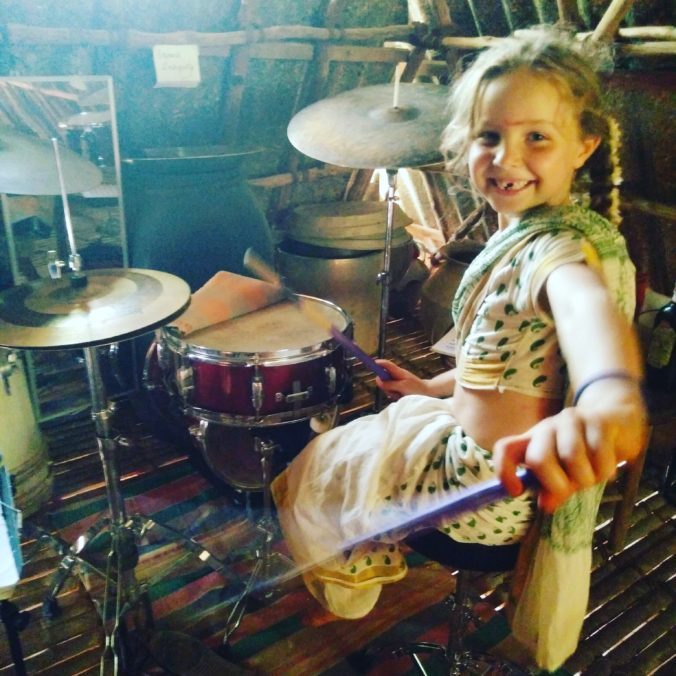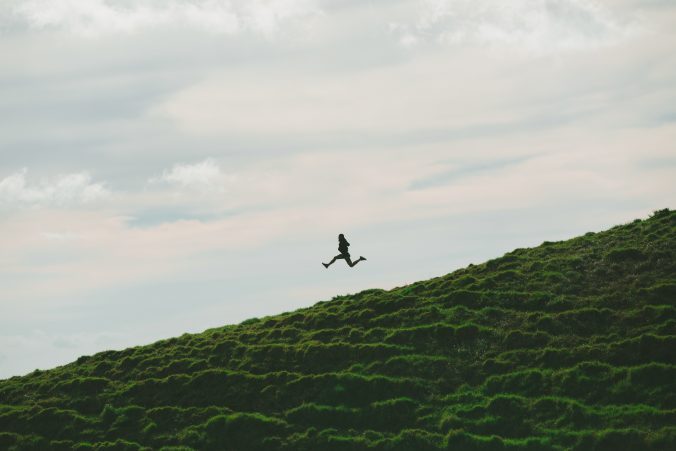Depression.
A state of mind that we all face at some point in our life. And sadly, it is something we dread accepting, and confronting the way it is.
I am not talking about clinical depression here. I speak about a general discontent and disillusionment towards life, that makes one feel inactive and despondent.
This feeling plagues us all at some point in our lives. While we cannot do away with it altogether, can we design a scheme that helps us swim out of the pool of passivity?
Today, I would like to suggest a method that has helped me overcome despondency and realign my focus in life.
It is a four step process called ‘The Habit Loop’.
The steps are as follows :
1) Acceptance
A couple of days ago, as I was sharing my somber state of mind with a friend, she told me something that changed my perspective towards the issues I was facing.
She told me that it is but human to feel the way I was feeling at some point in life. One cannot be motivated and enthusiastic all the time. In fact, would it even be desirable!
That insight gave me the courage to accept my state of mind as it was.
It is normal to feel despondent from time to time. It is best to avoid to whirlpool of ‘why me?’ and stay clear of self pity.
2) Resolution
The most important question you must answer in a despondent state of mind is :
Do I want to come out of this phase?
Only when you have made a deliberate decision that you want to come out of this phase can you move forward from where you stand.
The resolution to change things, a decision that comes from deep within, is paramount.
3) Confrontation
Now that you have accepted your state of mind and decided to bring about a change, what should be the next step?
In my experience, the most obvious symptom of depression is when one stops to confront himself.
There is a tendency to :
A) disrupt all systems one adhered to that brought a sense of structure to life
B) cave to desires of decadence, marked particularly by over-indulgence in consuming data, food, sex
C) not confront yourself, look into the mirror, or create art
We do all of this while being fully aware that it doesn’t serve us best.
The easiest way to come out of this state is by confronting yourself.
Here’s a few ways that might help one do that:
1) Take a sheet of paper and write down what you have been doing and why.
2) If writing is not your thing, make a voice note, speak what exactly what you’ve been up to and why
3) The most effective one, is to make a video, speak into the camera about your current state of mind and what you’ve been doing while you were stuck in the rut
This is the step that will truly test your resolution, whether you want to really get out a depressed state of mind or not.
But as soon you start doing this, you will realize that you have enough self respect to not bullshit yourself to no end. Within a few minutes, you will address matters that have been responsible for your despondency and find ways to come out of it.
It is self diagnosis, and it works better than anything else I’ve come across.
4) Repetition
Of course, you will need to repeat the whole process over and over and build your resilience.
With enough practice, you will be able to
face the vicissitudes of life with equanimity.
It might take a while to crawl out of a somber state, but the more you repeat the four step habit loop, the easier it will become along the way.
I hope my suggestion helps you in times of trouble.
Feel free to share your experiences, reflections and feedback in the comments below.
If you feel this article will help someone is need, please feel free to share it with them.
Good luck on the bumpy roller coaster ride of life!

